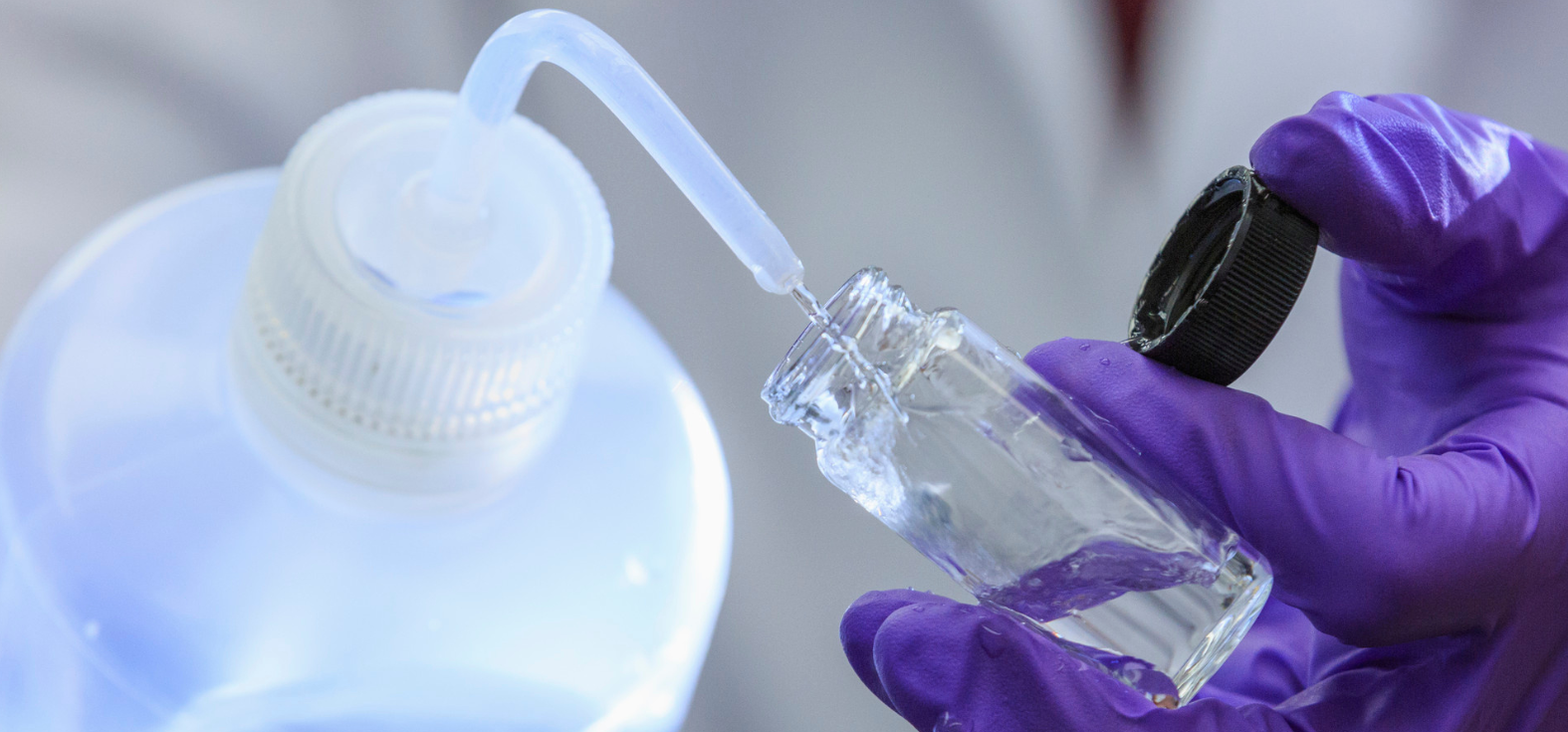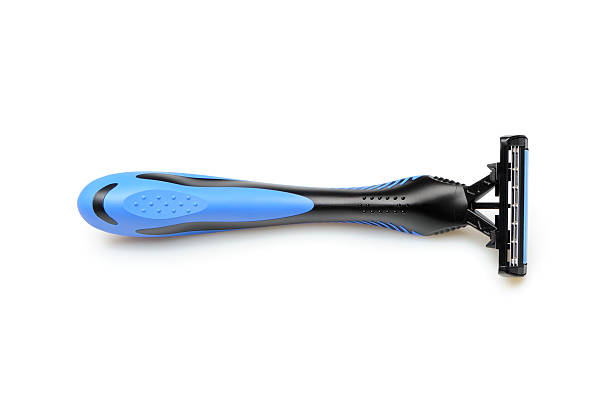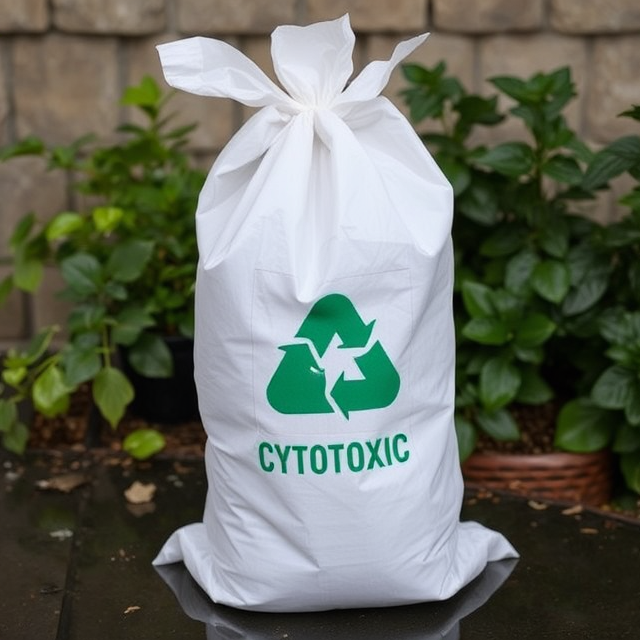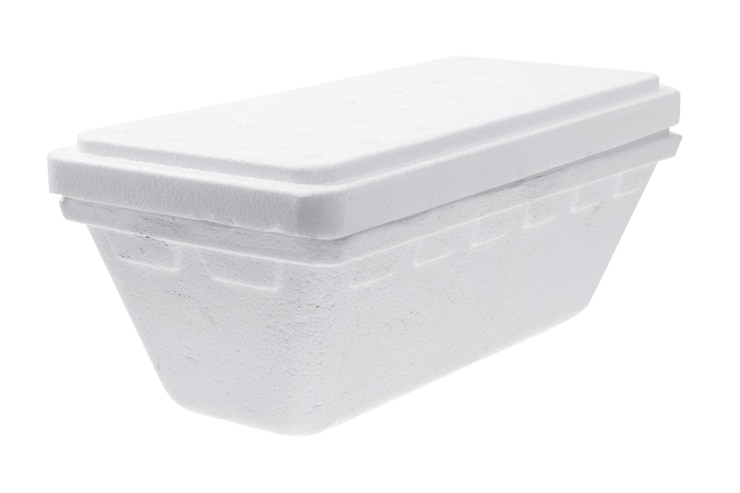When it comes to water purification, glass distillers are often heralded as a top choice for producing pure, contaminant-free water. However, despite their effectiveness and popularity, numerous myths and misconceptions surround these devices. In this blog post, we’ll explore and debunk some of the most common myths about glass distillers, shedding light on their true capabilities and limitations.
Let’s Take a look at essential myths to avoid any further problems with glass distillers

Glass Distillers Remove All Impurities
While glass distillers are highly effective at removing a wide range of contaminants, including heavy metals, bacteria, and most chemicals, they do not remove everything. Distillation works by heating water until it turns into steam, then cooling the steam back into liquid form, leaving most impurities behind.
However, some volatile organic compounds (VOCs) and other substances with boiling points close to or lower than water can vaporise and recondense, potentially ending up in the distilled water. To address this, many distillers use post-filtration systems, such as activated carbon filters, to remove these residual contaminants.
Distilled Water Is Unhealthy
A common myth is that distilled water is devoid of essential minerals and, therefore, unhealthy to drink. While distillation removes minerals like calcium and magnesium, the notion that drinking distilled water is harmful is unfounded. Most people get their essential minerals from food rather than water.
Additionally, distilled water is often recommended for people with certain health conditions that require low-mineral or pure water. As long as you maintain a balanced diet, drinking distilled water poses no health risks.
Glass Distillers Are Expensive and Inconvenient
While high-quality glass distillers can have a higher upfront cost than other water purification methods, they are a long-term investment. Over time, the cost of purchasing bottled water or replacing filters for other purification systems can add up, often exceeding the initial investment in a glass distiller.
Furthermore, modern glass distillers are designed to be user-friendly and require minimal maintenance. The convenience of having pure, distilled water on demand often outweighs the initial expense and occasional maintenance tasks.
Glass Distillers Waste Water
Unlike some water purification systems that discard a significant amount of water during the purification process, glass distillers are efficient. The distillation process itself does not waste water; it simply involves heating the water to create steam, which is then condensed back into liquid. Any residual water left in the boiling chamber contains concentrated impurities and can be used for other purposes, such as cleaning, thus minimising waste.
All Glass Distillers Are the Same
Not all glass distillers are created equal. There are significant differences in quality, design, and functionality among the various models on the market. Factors such as the quality of the glass, the design of the distillation chamber, and the inclusion of additional filtration stages can all impact the performance and durability of a glass distiller. It’s essential to research and choose a reputable brand known for producing high-quality distillers to ensure you get the best results.
Glass Distillers Are Only for Drinking Water
While glass distillers are primarily used to produce pure drinking water, their applications extend beyond that. Distilled water is essential in various fields, including medical laboratories, automotive maintenance (for use in batteries and cooling systems), and even household appliances like steam irons and humidifiers. Using distilled water in these applications prevents mineral buildup and extends the lifespan of the equipment.
Distillation Is an Outdated Technology
The principles of distillation may be ancient, but the technology has continuously evolved. Modern glass distillers incorporate advanced materials and design improvements to enhance efficiency and the user experience. Features like automated shut-off, digital displays, and energy-efficient components make contemporary distillers highly sophisticated. Far from being outdated, distillation remains one of the most reliable and effective methods of water purification available today.
Glass Distillers Are Difficult to Clean and Maintain
Maintaining a glass distiller is relatively straightforward. Most models are designed for ease of cleaning. Regular maintenance typically involves descaling the boiling chamber to remove mineral buildup, which can be done with readily available descaling agents or a simple vinegar solution.
Many distillers have removable and washable parts, making the cleaning process even more accessible. A regular maintenance schedule ensures the distiller operates efficiently and prolongs its lifespan.
Distilled Water Tastes Bad
Taste is subjective, and while some people may find distilled water to have a flat or bland taste due to the lack of minerals, others appreciate its pure and clean flavour. For those who prefer a bit of taste, adding a small amount of natural minerals back into the distilled water is an option.
Additionally, the neutral taste of purified water makes it ideal for brewing coffee or tea, as it allows the authentic flavours of the beverage to shine without interference from minerals or other impurities.
Glass Distillers Are Fragile and Susceptible to Breaking
High-quality glass distillers are designed to be durable and resistant to thermal shock. While it’s true that glass requires careful handling, the glass used in distillers is often borosilicate glass, which is known for its strength and resistance to cracking under extreme temperature changes. With proper use and care, a glass distiller can provide many years of reliable service without issues.
Distillation Is Too Slow for Practical Use
Distillation does take time, but modern glass distillers are designed to produce a sufficient amount of water for daily use within a reasonable timeframe. For example, many household distillers can make a gallon of distilled water in 4-6 hours. Considering the purity and safety of the water produced, the time investment is well worth it for many users. Additionally, the process is mostly automated, requiring minimal supervision once the distiller is set up and running.
Glass Distillers Consume Too Much Energy
While distillation does require energy to heat the water, advances in design and technology have made modern distillers more energy-efficient. Many models are designed to minimise energy consumption while maximising output. The cost of electricity for operating a distiller is generally comparable to or less than the cost of purchasing bottled water over time. Furthermore, some users opt to run their distillers during off-peak electricity hours to reduce energy costs further.
Conclusion
Glass distillers are valuable tools for ensuring access to pure, contaminant-free water. Despite the many myths and misconceptions surrounding them, glass distillers remain a reliable, efficient, and practical solution for water purification. By debunking these myths, we hope to provide a clearer understanding of the benefits and realities of using glass distillers, helping you make informed decisions about your water purification needs.
Follow us on Instagram




